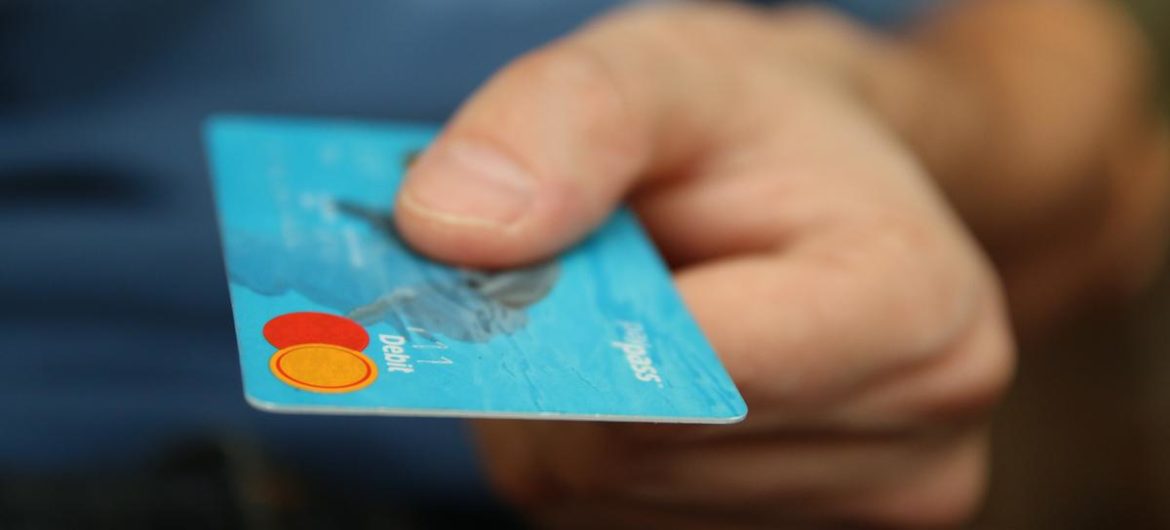New research has revealed that the sudden rise of online sports gambling sites is having a negative impact on the lives of young men around the world.
A study led by the University of Bath’s Darragh McGee focused on 32 men between the ages of 18 and 35 who were regular online sports gamblers, who were asked to keep a diary of all their betting activities.
After 30 days each of the subjects took an in-depth interview where they reflected on their experiences making sports bets and its impact on their lives.
The feedback was largely negative, with interview subjects reporting a wide range of emotional and financial stress driven by their betting activities.
According to McGee, the research suggests that it may be time to think of online sports gambling as a health concerns rather than a financial concern.
‘We urgently need to reframe debates around sports gambling, to recognize it as a public health issue that holds significant implications for individual, family and community wellbeing,’ McGee said in an interview with the University of Bath’s news blog.
Predictably, one of the most common forms of distress was anxiety and over debt, which could quickly grow out of control.
‘I’m in debt to my eyeballs from payday loans,’ one 31-year-old man said. ‘I’m blacklisted with them all. I’m in about £15,000 of debt just from them alone. All for gambling.’
‘It took over my life for a while. When my daughter was born, I used to sit on the computer continuous gambling for the day.’

Many reported the ease and anonymity of online interfaces, especially smartphone apps, made the compulsion to keep placing bets irresistible, even as debts mounted.
‘It entices people in, definitely,’ a 23-year-old said. ‘And it encourages you to think bigger. Bet 365 were doing a 100% match bonus if you deposit £200 (R4300).’
‘All of a sudden you think you have £400 (R8600) credit to wager with. And you have to wager a certain number of times, but the offer has drawn you in by the time you realize.’
Ironically, many respondents reported that their gambling habits had ruined their capacity to enjoy sports anymore.
‘When I was younger, I couldn’t wait to get home from school to see Man United playing in the Champions League,’ a 23-year-old reported.
‘Now, I’m sat there thinking about what I should be betting on tonight. I can’t remember the last time that I just watched the game like a real fan.’

According to McGee, a few simple changes could have an immediate effect on the industry, including a ‘whistle-to-whistle’ ban on advertisements for sports betting services during a game.
‘Greater accountability should also be asked of key stakeholders within sport, including clubs, athletes, league associations and event organizers who benefit from revenue streams provided by gambling operators without due consideration for the public health implications on their fan base,’ McGee said.




